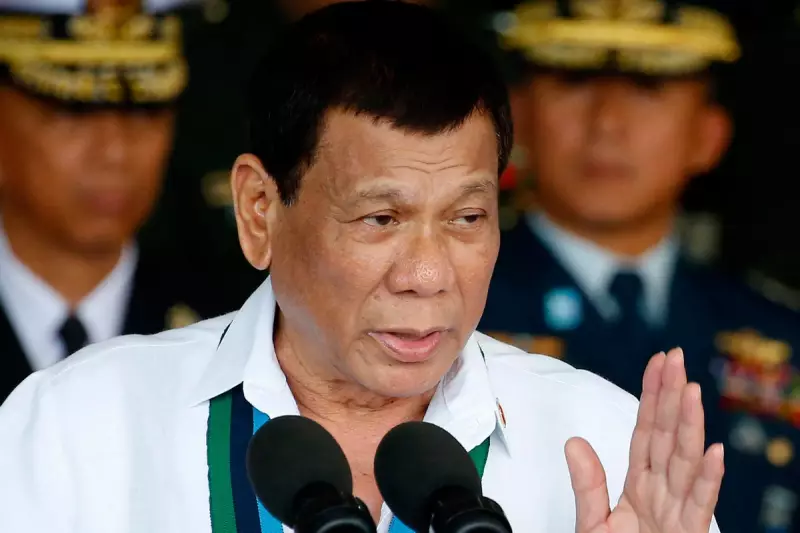
Appeals judges at the International Criminal Court are set to deliver a crucial ruling on Friday that could see former Philippine President Rodrigo Duterte released from detention while proceedings continue against him for alleged crimes against humanity.
The Legal Battle Over Custody
Duterte's legal team is challenging an October decision that maintained the former leader's custody after judges determined he would likely refuse to return for trial and might use his freedom to intimidate witnesses. The defence argues that keeping the octogenarian in custody during trial proceedings is "cruel" given his claimed physical and mental decline.
According to defence filings presented to the court, Duterte's "cognitive faculties" have deteriorated to such an extent that he cannot properly assist his legal representatives. This assertion prompted the court to postpone a pretrial hearing in September until comprehensive medical assessments could be completed.
Charges and Historical Context
ICC prosecutors allege Duterte was involved in dozens of killings during his so-called war on drugs, first as mayor of Davao city and later as president of the Philippines. Court documents state he instructed and authorised "violent acts including murder to be committed against alleged criminals, including alleged drug dealers and users."
The death toll estimates during Duterte's presidential term show significant variation. National police figures indicate over 6,000 deaths, while human rights organisations claim the number could be as high as 30,000. Families of victims celebrated when Duterte was initially arrested in March.
Jurisdiction and International Proceedings
In a significant development last month, judges rejected a defence challenge to the court's jurisdiction in this case. The charges against Duterte span from 1 November 2011, during his tenure as Davao mayor, to 16 March 2019, when the Philippines' withdrawal from the ICC took effect.
Judges emphasised in their October ruling that countries cannot "abuse" their right to withdraw from the Rome Statute "by shielding persons from justice in relation to alleged crimes that are already under consideration." Duterte's legal team has appealed this decision alongside the custody ruling.
Should the appeals judges grant provisional release, Duterte will not return to the Philippines but would be transferred to the custody of another ICC member state while legal proceedings continue. The case represents a landmark test of the international court's authority over former national leaders accused of grave crimes.





